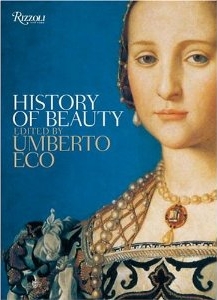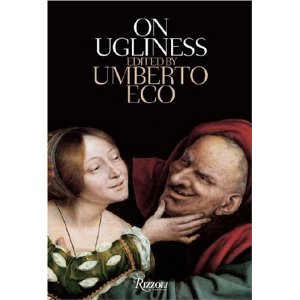- HOME
- INTRO TO THE FORUM
- USE AND MISUSE
- BADLY WRITTEN, BADLY SPOKEN
- GETTING
TO KNOW ENGLISH - PREPARING FOR ENGLISH PROFICIENCY TESTS
- GOING DEEPER INTO ENGLISH
- YOU ASKED ME THIS QUESTION
- EDUCATION AND TEACHING FORUM
- ADVICE AND DISSENT
- MY MEDIA ENGLISH WATCH
- STUDENTS' SOUNDING BOARD
- LANGUAGE HUMOR AT ITS FINEST
- THE LOUNGE
- NOTABLE WORKS BY OUR VERY OWN
- ESSAYS BY JOSE CARILLO
- Why We Need to Hyphenate Certain Compound Modifiers
- Let’s Come To Grips With The Proper Use Of“However”Once And For All
- How English Makes Do To Evoke The Sense Of The Past Imperfect
- When It Greatly Matters What English Accent We've Acquired
- A Potent Tool For Whittling Down Complex Sentences Into Simple Ones
- A Unified Approach To The Proper Use Of Punctuation In English
- ABOUT JOSE CARILLO
- READINGS ABOUT LANGUAGE
- TIME OUT FROM ENGLISH GRAMMAR
- NEWS AND COMMENTARY
- BOOKSHOP
- ARCHIVES
TIME OUT FROM ENGLISH GRAMMAR
This section features wide-ranging, thought-provoking articles in English on any subject under the sun. Its objective is to present new, mind-changing ideas as well as to show to serious students of English how the various tools of the language can be felicitously harnessed to report a momentous or life-changing finding or event, to espouse or oppose an idea, or to express a deeply felt view about the world around us.
The outstanding English-language expositions to be featured here will mostly be presented through links to the websites that carry them. To put a particular work in better context, links to critiques, biographical sketches, and various other material about the author and his or her works will usually be also provided.
The ever-changing standards for beauty over the centuries
As the saying goes, “Beauty is in the eye of the beholder,” and over the centuries in every part of the world, the concept and standards for beauty have always been in endless flux. It has therefore been virtually impossible to capture the various attributes and shades of beauty into what might be called a standard, universal formula, but this has not stopped philosophers, poets, and artists over the ages from attempting to define, capture, and express beauty in their own terms for their own time.
In History of Beauty (Rizzoli, 438 pages), a 2004 book that has now gone through several editions, acclaimed novelist and scholar Umberto Eco takes the modern reader to a thought-provoking journey into the aesthetics of beauty as they evolved from the time of the ancient Greeks to the present day. He makes a close examination of the development of the visual arts and literature in each era, then broadens this study to cover beauty in relation to the idea of love, to the desirability of men and women, and to ugliness and cruelty.

“The great charm of Eco’s work is that it is both grand and companionable, mixing erudition and philosophical sophistication with contemporary notions of the cool and the fashionable,” says Arthur Krystal in “Hello, Beautiful: What We Talk About When We Talk About Beauty,” his review of Eco’s book in Harper’s Magazine. “One may disagree about Eco’s choice of illustrations or the emphasis he places on certain periods, but there’s no disputing his desire that beauty be seen in as serious and comprehensive light as is possible in a one-volume work.”
Read Arthur Krystal’s “Hello, Beautiful” in Harper’s Magazine now!
ABOUT THE AUTHOR:
An acclaimed writer and an academician, Umberto Eco is president of the Scuola Superiore di Studi Umanistici, University of Bologna. He is the author of the best-selling novels The Name of the Rose and Foucault’s Pendulum. He also wrote The Island of the Day Before and the more recent Baudolino.
COMPANION READING:
In On Ugliness (Rizzoli, 456 pages), a provocative companion volume to History of Beauty published in 2007, Umberto Eco makes an unusual and eclectic study of ugliness as the opposite of beauty, arguing that cultural and historical contexts determine how beauty and ugliness are portrayed and received. Says Amy Finnerty in her review of On Ugliness for the December 2, 2007 issue of The New York Times: “Selecting stark visual images of gore, deformity, moral turpitude and malice, and quotations from sources ranging from Plato to radical feminists, Eco unfurls a taxonomy of ugliness. As gross-out contests go, it’s both absorbing and highbrow.”

Read “Not Pretty,” Amy Finnerty’s review of On Ugliness in The New York Times now!






